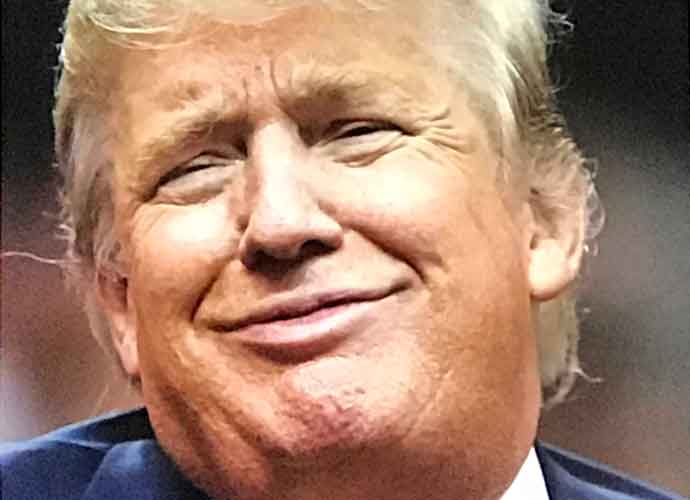Judge Denies Donald Trump’s Request To Appeal Emoluments Lawsuit Against Him
A judge for the U.S. District Court for Maryland denied President Donald Trump’s request to stay a lawsuit alleging he violated the emoluments clause of the Constitution filed by attorneys general from Maryland and the District of Columbia.
The federal judge, Peter Messitte, ruled that Trump and his lawyers had no grounds to move the case before an appellate court on Friday, and indicated that the proceedings would move on the discovery phase.
“Our next step is to proceed with discovery,” said D.C. Attorney General Karl Racine in a statement. “We will soon provide the court a new schedule to begin the process of getting information about how President Trump is profiting from the presidency.”
Early this year, Messitte had ruled that the plaintiffs had standing to sue the administration through their claim that the president had violated the Constitution.
Subscribe to our free weekly newsletter!
A week of political news in your in-box.
We find the news you need to know, so you don't have to.
The plaintiffs argue that by doing business with foreign governments while in office, President Trump had violated the Constitution’s Emoluments Clause, an article of the Constitution that bans sitting presidents from taking gifts or payments from members of both foreign and domestic governments.
They point to the payments Trump received in connection to his holdings in the Trump International Hotel to back their claim.
The president’s lawyers argued in their request to pass up the lawsuit that “reasonable jurists could differ as to the proper interpretation of the Emoluments Clauses,” but Judge Messitte ruled that they had not done enough to justify immediately appeal the case before a ruling had been made.
Legal experts say that Trump’s request to appeal his case so early in the proceedings is unusual, and that Messitte’s denial would not ultimately prevent the president from appealing the case after the final judgement had been made.
“In legal terms, it isn’t very significant because any issues the president would like to raise he’s free to raise on appeal when there is a final judgment in the case,” David Super, a professor at Georgetown Law, told MSN.
Get the most-revealing celebrity conversations with the uInterview podcast!






Leave a comment